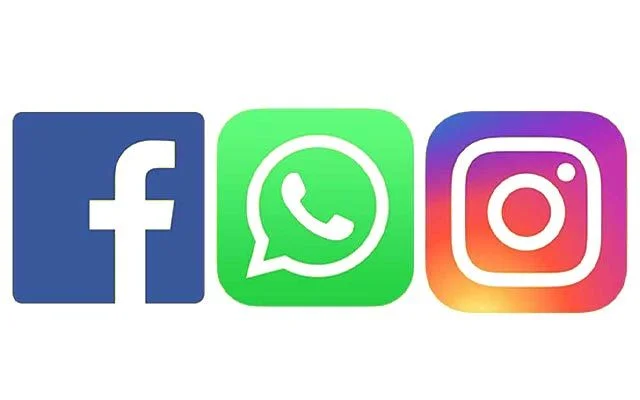Facebook and its major services including Messenger, WhatsApp and Instagram went offline for hours. Blockchain advocates see this as the weaknesses of a centralized service hence calling for a decentralized alternative.

Facebook and linked services such as Instagram, WhatsApp, Messenger, and Oculus were offline for many hours today, with the social media giant blaming the outages on “networking difficulties.”
According to reports, the disruptions were caused by DNS difficulties. According to cybersecurity reporter Brian Krebs, DNS entries were “withdrawn this morning from the global routing tables.”
According to some sources, Facebook attempted to restart servers manually, and employees were unable to access buildings owing to widespread service outages.
According to The Verge, services are only now starting to come back online, and global access to all of Facebook’s apps might take hours.
It’s one of Facebook’s worst outages to history, affecting its 2.89 billion global users as well as those who use its linked services. In 2019, Facebook experienced a 14-hour outage, compared to a one-day outage in 2008, when the service had only 150 million users.
Today’s outage is the latest famous example of how centralized systems may collapse on a vast scale, according to proponents of blockchain and decentralized networks.
With decentralised, user-run networks that lack a single point of failure and are censorship-resistant to boot, blockchain provides a potential alternative to such centralized structures.

Blockchain developers, Bitcoin fans, and decentralization proponents have taken to Twitter and emailed statements to criticize Facebook and centralized (or “Web2”) services.
“The utter collapse of Facebook and Instagram, among other apps, today exemplifies the problem with centralization,” said Matthew Gould, founder and CEO of Unstoppable Domains, via email.
“Users would be able to migrate their data and contacts to other services on the decentralized web, or Web 3.0, because they wouldn’t be reliant on Facebook or a Facebook login to contact friends and family or utilize their favourite apps.”
While this appears to be DNS-related, it should serve as a reminder to everyone why we need a more open, decentralized, and inclusive internet-free of disruptions and with robust defences,” said Access Now, a digital rights advocacy group. “Many individuals around the world have firsthand experience with the terrible effects of internet outages.”
Meanwhile, many Bitcoin supporters are celebrating the fact that, because of its falling stock price, the dominant cryptocurrency now has a greater market cap than Facebook.
As of this writing, Bitcoin’s market capitalization is approximately $925 billion, while Facebook’s is just under $920 billion, with its stock price down nearly 5% on the day.

Not only is Bitcoin currently worth more than Facebook in aggregate, but it also has “better uptime,” according to Jameson Lopp, co-founder and Chief Technical Officer of Bitcoin security firm Casa and a vocal Bitcoin maximalist.
Decentralized social networks, such as Mastodon and Minds, are a prominent issue in the blockchain world, with millions of users compared to substantially bigger centralized systems like Facebook and Twitter.
Meanwhile, Aave, a decentralized finance (DeFi) platform, is developing an Ethereum-based Twitter competitor that is expected to emerge this year.
Even Twitter sees potential in the space: the company is supporting a “Blue Sky” team tasked with creating a decentralized social media system, and CEO Jack Dorsey is one of the most vocal Bitcoin supporters. Twitter just included Bitcoin tipping and will soon allow Ethereum-based NFT holders to validate their profile images under his leadership.
